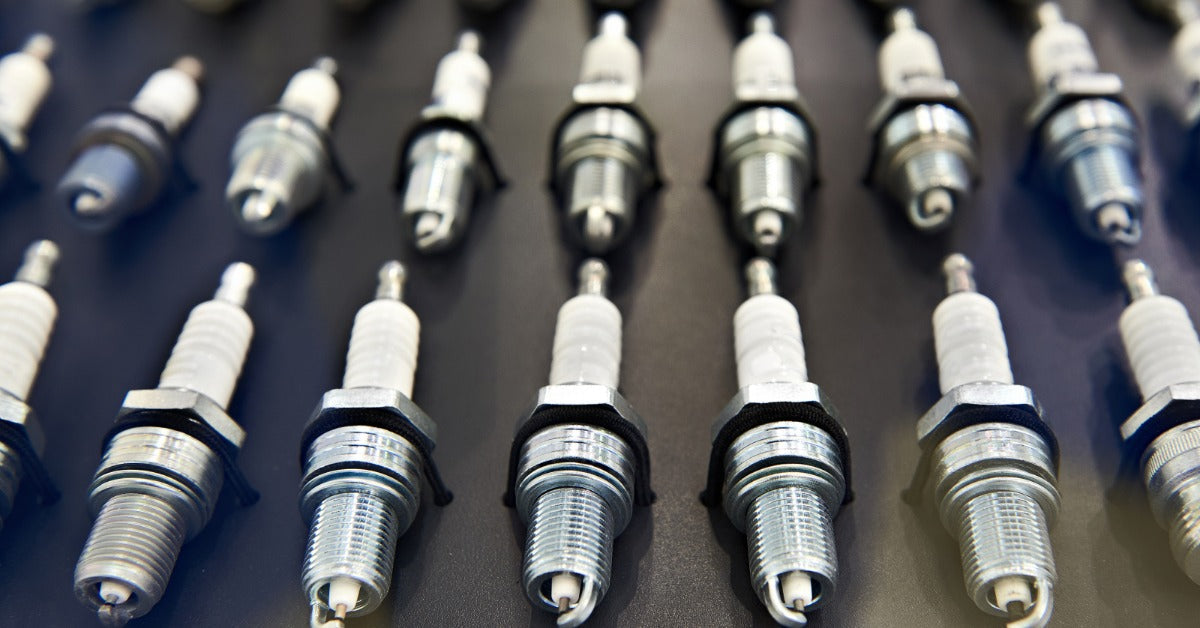
With concerns over global warming and the high price of petroleum-based products, major auto manufacturer are exploring a broad range of alternative sources of energy to power the vehicles rolling off their assembly lines. Currently, propane is the third most commonly used fuel for transportation behind gasoline and diesel fuels. Unfortunately, propane is produced as a by-product of crude oil refining and natural gas processing. So, it is a fossil fuel but it does burn cleaner than more traditional products.
The U.S. Department of Energy and most states provide an array of incentives for applying the technology of alternative fuels. This trend is expected to continue until the best solutions are identified and implemented. A green vehicle, clean vehicle, eco-friendly vehicle or environmentally-friendly vehicle is defined as a motor vehicle that uses certain alternative fuels for road use to produces less harmful impacts to the environment than a conventional internal combustion engine running on gasoline or diesel.
Current Options for Green Vehicles
Listed below are alternative fuels that are already being tested and used for vehicles worldwide:
- Biodiesel Vehicles - PROs: Renewable and somewhat available, it can run in older diesel engines. CONs: Cost more than diesel plus there are supply issues.
- Plug-In Hybrid Vehicles - PROs: Runs on electric for short commutes with gas engine for longer hauls. CONs: Big expensive batteries and the vehicle still uses gas.
- Electric Battery Vehicles - PROs: Good torque, no harmful emissions and low operating cost per mile. CONs: Lacks convenience with limited range and long charging times.
- CNG Vehicles - PROs: Compressed Natural Gas burns cleaner and cost less than gasoline. CONs: Limited range, huge tanks, non-renewable source and few refueling stations.
- Hydrogen Fuel Cell Vehicles - PROs: Emission is water vapor, renewable energy source and great mileage. CONs: Few places to refuel, expensive and requires high-pressure for storage.
- Ethanol Powered Vehicles - PROs: Can potentially be produced from garbage and waste with less harmful emissions. CONs: Currently made from natural gas and a very limited infrastructure for refueling.
According to the government's energy.gov. website, producing vehicles that use alternative fuels will help reduce the consumer's fuel costs, increase the nation's energy security and minimize global pollution.







